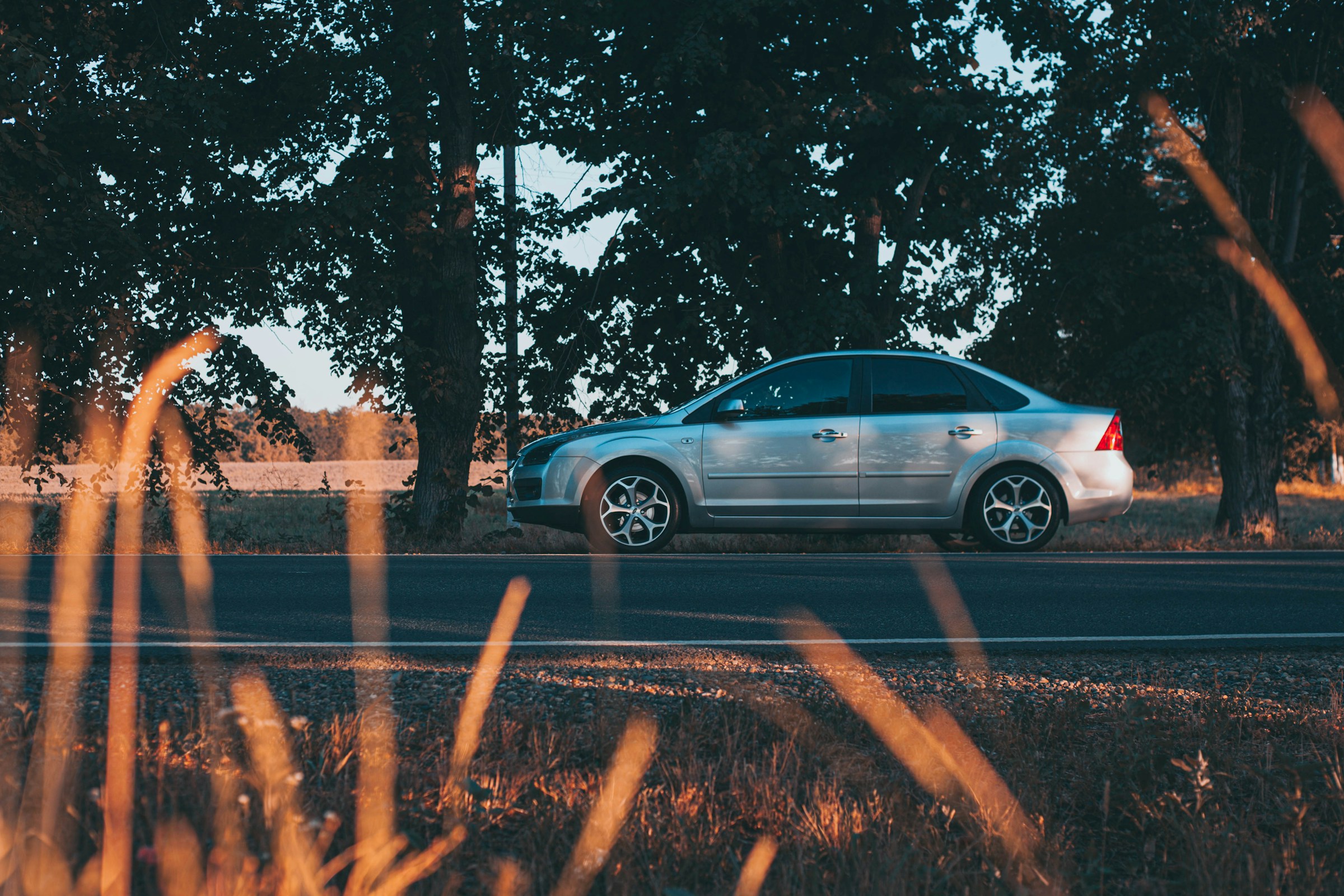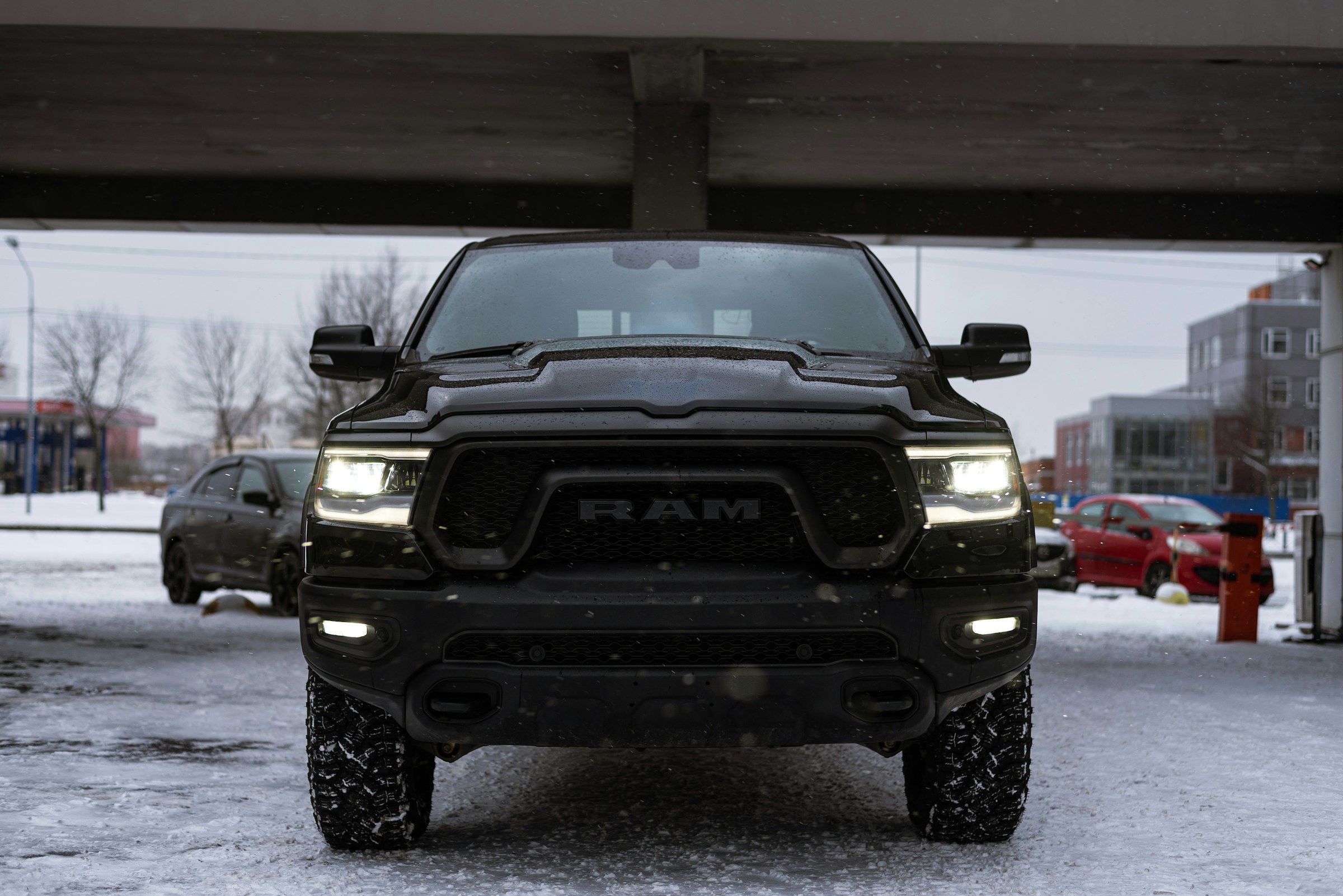Discovering your accident was caused by a recalled vehicle part adds complex legal dimensions to your injury claim. Recalls do not mean automatic liability, but they generate powerful evidence when combined with other factors. Understanding the various legal options aids in ensuring you seek suitable compensation from all liable parties when an acknowledged defect causes harm. This post explores the legal strategies available to victims of recalled vehicle accidents.

1. Product Liability Claims Against Manufacturers
A vehicle recall is strong evidence that the manufacturer was aware of or ought to have been aware of a dangerous flaw. This forms the basis for a product liability claim, which is different from ordinary negligence claims against other drivers, as it argues that the vehicle or one of its parts was defectively designed, manufactured, or marketed, and that the manufacturer is financially responsible for injuries caused by that defect. This legal principle applies even if the driver responsible for your accident wasn’t negligent.
Successful product liability claims necessitate proving that the defect was present and directly resulted in your injuries. The recall notice offers essential proof of the known hazard. Still, you must also demonstrate that the particular flaw existed in your accident vehicle and directly contributed to the crash or your injuries. These intricate cases frequently require automotive specialists who can examine the debris and link the recorded flaw to the situation surrounding the accident and the damages that ensued.
2. Negligence Claims in Recall Implementation
Various stakeholders are involved in ensuring the proper repair of recalled vehicles. As manufacturers recall, dealerships are expected to do sufficient repairs, and rental car companies are expected to keep their fleets safe. In case a dealership does a partial repair or a rental business does not fix a known recall prior to renting a car, they can be held liable for subsequent accidents caused by the defect.
The vehicle owners also shoulder some responsibility to respond to recall notices in a timely manner. However, this does not nullify the manufacturer’s liability, especially where the recall system did not perform its duty of alerting owners satisfactorily, or when repairs weren’t available in a timely manner. A skilled legal team can look into the question of whether everyone in the recall chain did what was expected of them. This ensures those who did not act responsibly answer for their negligence.
3. Evidence Preservation and Multiple Defendants

After any incident involving a possible vehicle flaw, prompt evidence preservation is essential. The vehicle must be safely stored to avoid tampering or damage to evidence concerning the alleged defect. This tangible proof, along with the formal recall records, establishes the basis for substantiating your case against potentially several defendants.
These complicated cases frequently involve claims against the at-fault driver and the manufacturer or other participants in the recall chain. These multi-party claims require specific expertise to make sure that the right parties are identified and held accountable. Working with firms such as Steve Dimopoulos Injury Law offers essential assistance during this challenging period. Their team can assist in collecting crucial evidence and seeking complete compensation from all responsible parties.
Endnote
Cases related to recalled cars pose special legal issues requiring both expertise in product liability and negligence law. By knowing these unique legal pathways and acting quickly to retain evidence, injured victims can sue all responsible parties. This thorough approach ensures that individuals affected by recognized vehicle flaws obtain the complete compensation they are entitled to for their injuries and damages.
Article Last Updated: November 10, 2025.
